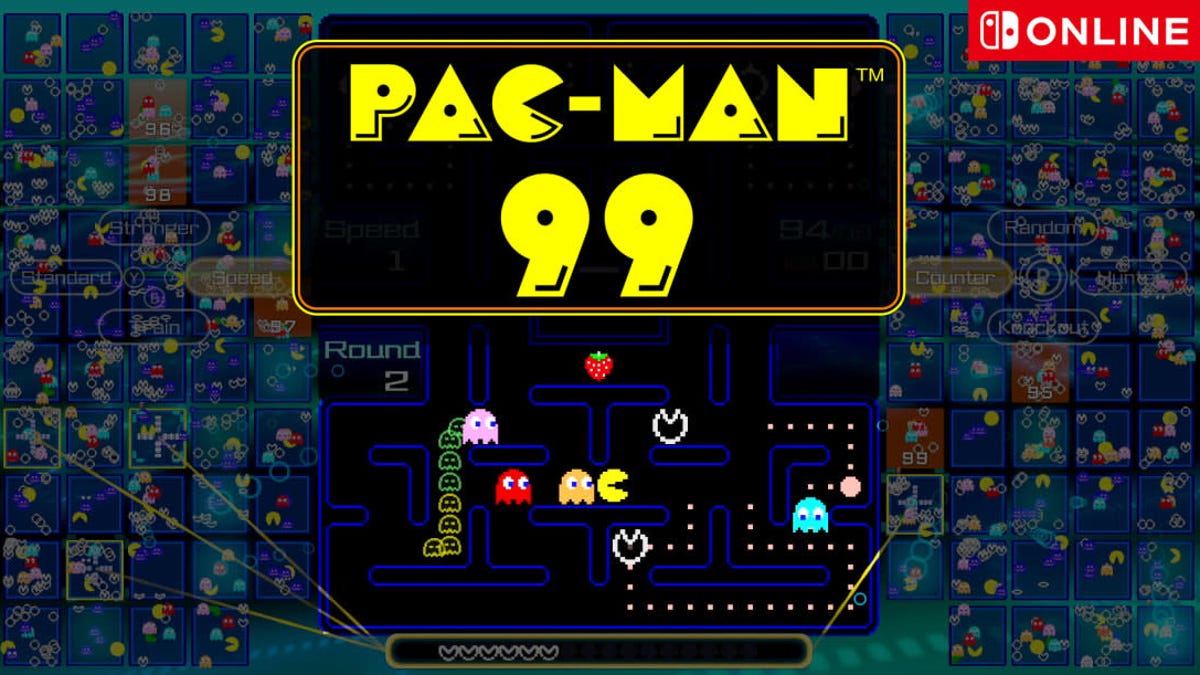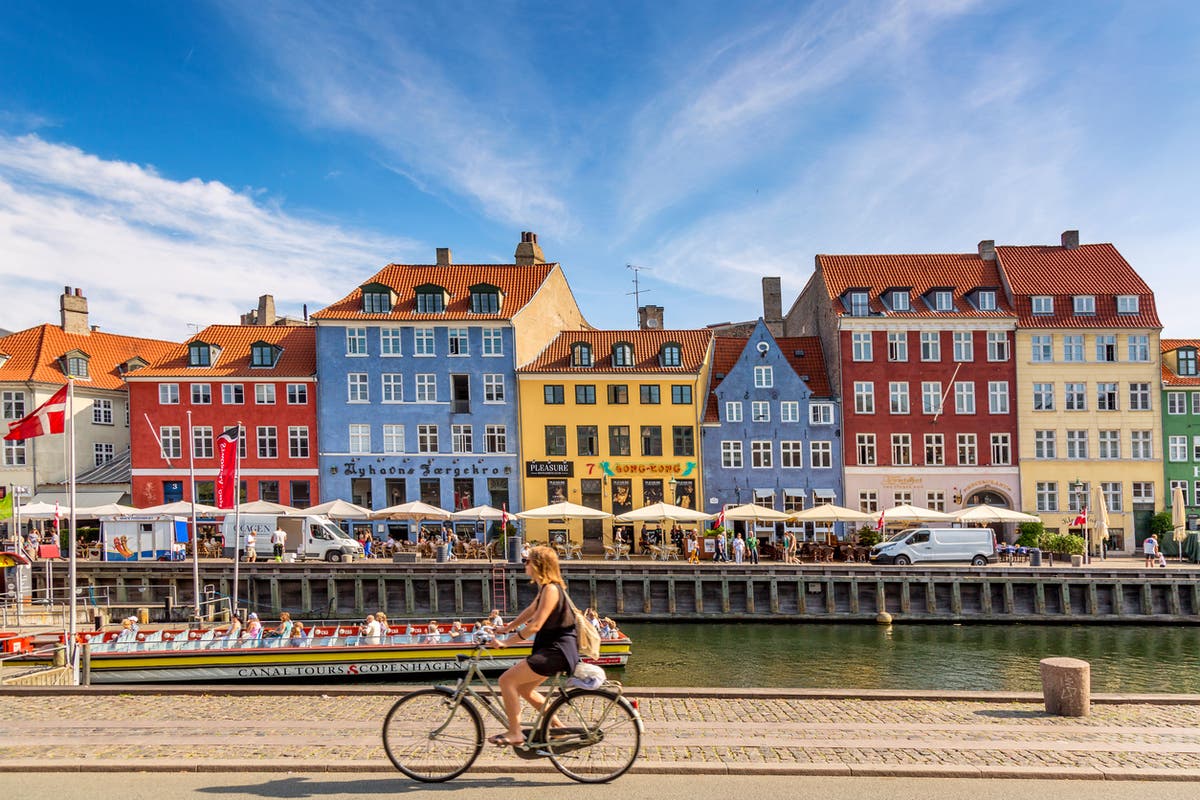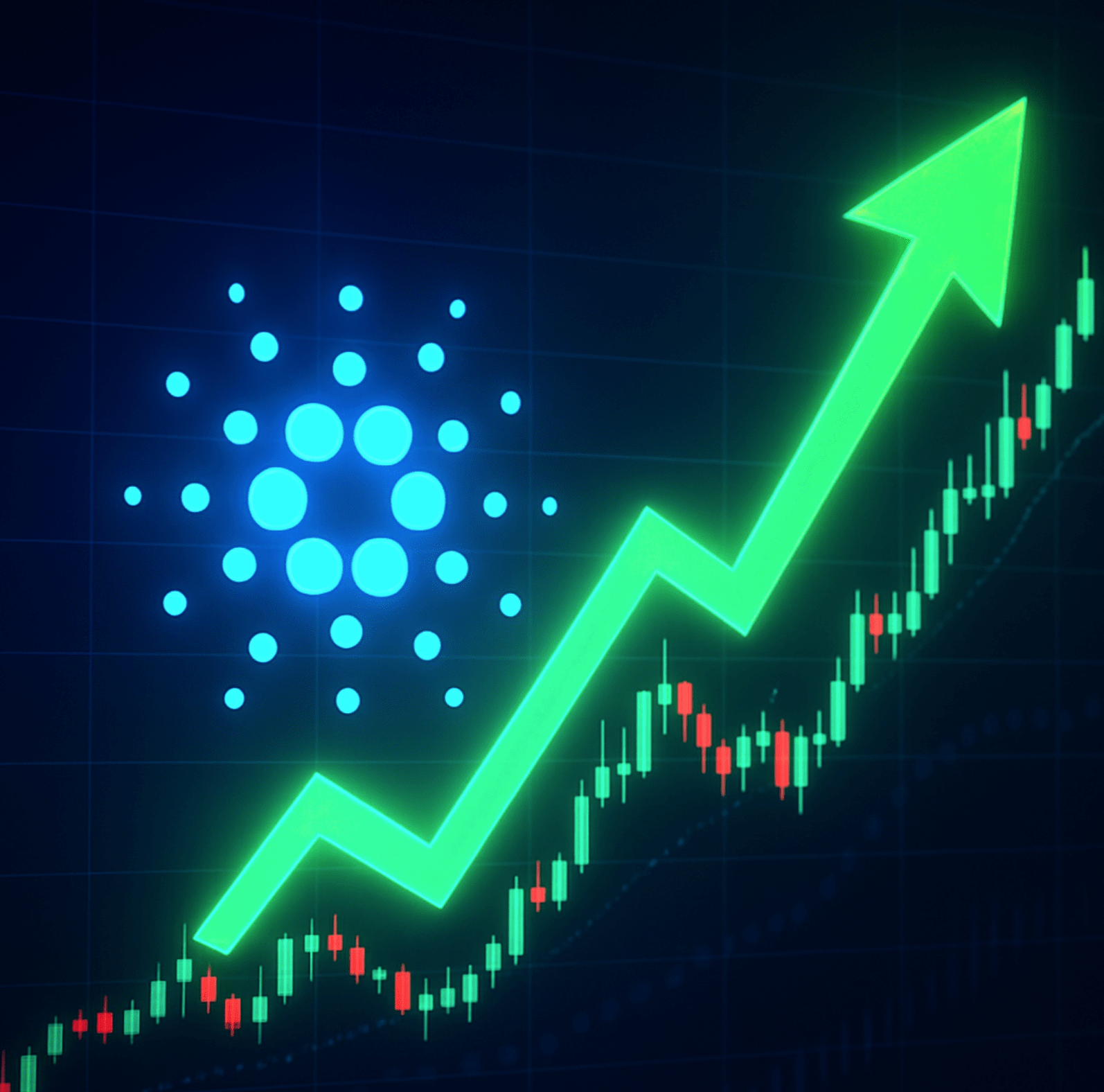In the Spotlight: Luke Coutinho
An author of several best-selling books, an expert in integrative and lifestyle medicine, and a speaker, Luke Coutinho met with Saadiya Ahmad to discuss integrative medicine and what it really means. Luke Coutinho recently visited Global Indian International School’s...

An author of several best-selling books, an expert in integrative and lifestyle medicine, and a speaker, Luke Coutinho met with Saadiya Ahmad to discuss integrative medicine and what it really means.

Luke Coutinho recently visited Global Indian International School’s Dubai campus as part of the school’s Leadership Lecture Series wherein they introduce motivational examples of leadership and success to the children to enable them to imbibe the virtues they entail.
Background
Working in the field of integrative medicine for the past 18 years, Coutinho primarily meets patients with cancer to help boost the immune system, retrain the immune system, and manage the side-effects of chemotherapy and radiation in these patients. He explains, “Integrative medicine is not alternative medicine; it works together with allopathy, oncologists, radiologists, and doctors. So while they treat the symptoms, our job is to manage the side effects and then the doctors can reduce them off their medications over time.” Integrative medicine applies lifestyle medicine to every condition that requires the human body and lifestyle, including exercise, nutrition, sleep and emotions which he says is huge because the impact of emotional health on the body.
Using lifestyle as a medicine
Coutinho applies lifestyle as a medicine; “Even though people around the world have access to gyms, nutritionists, and the best of everything, still the statistics don’t lie,” he says, with the world getting unhealthier. He adds, “People don’t know how to change their lifestyle, so they do diets and make extremes out of it. And as they’re living their lives, they have a box with one hour of exercise daily and eat three healthy meals a day in it.” But there are other things to include in this including sleep and emotions.
Post COVID issues
Regarding the pandemic, Coutinho remarks that we needed a pandemic to tell people how important immunity was. He elaborates, “But now knowing this plus the vaccine, some people are going back to what they were: sleep deprived, eating sugar, and abusing their health. So the problem is human behavior; people need to realize that suffering can only get better when you do the work. So you have to take ownership and you have to do what the body needs.”
Intermittent fasting
Fasting is therapeutic and Coutinho reveals that fasting is the physician everyone has in their body. “The science of fasting is simple; when we fall sick our appetite automatically is diminished since almost 80 percent of the energy in our body is used for digestion,” he says. “When you are sick, the body shuts this digestive system to use this energy for healing and recovery to reduce inflammation, to give energy to our healing.” At the same time, everyone is doing 16:8 and he asks why not 17:7? “Every day is different, some days your body requires you to use a different energy and if you don’t replenish it, you are actually making fasting into deprivation mode, which is creating stress in the body. So people who are doing this kind of fasting for a little while will get results, but they don’t train their metabolism,” he says, and after a while, that inflammation comes back into the body and the weight comes back on and they struggle to lose it again. He advises that if you fast the right way by giving your body that digestive break even 12 hours will reduce insulin. When insulin is reduced, it opens up cells for fat burning. Fat burning doesn’t work any other way, he says.
Eating sunrise to sunset
The best eating pattern is to go with nature, from sunrise to sunset. The human body, points out Coutinho, is not designed to eat after sunset. “There’s enough medical science behind this; the pancreas stops producing enzymes, the digestive system slows down, showing us the body doesn’t have enough receptors to break down food at night,” he says, so if we can stop eating even one to two hours after sunset, because when we open our eyes we connect with nature and this sends a signal to the digestive system that I am ready for food.
Advice
Basically, Coutinho says that if you are hungry, then eat. If not, continue fasting until your body tells you to eat. “If you have a heavy lunch one day, then balance this out by allowing your body to take that excess food, break it down and utilize it,” he says, because if an individual eats after the next three hours post a heavy meal, the body will break this down and store this as fat. He concludes, “Fasting has to be smart; it’s not a weight loss tool, but it’s a great metabolism tool if you do it the right way. The most effective fasts are 12 hours.” H

 Konoly
Konoly 
































